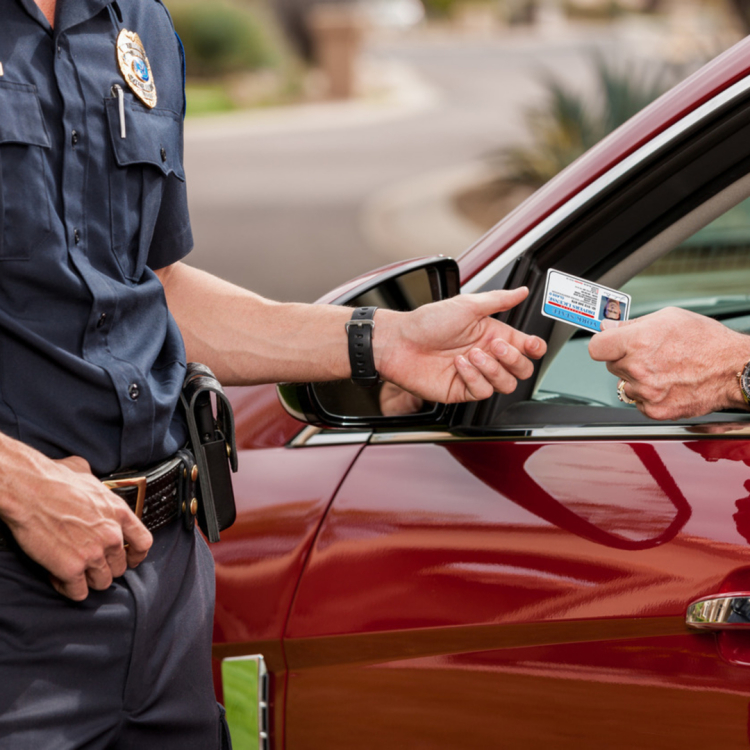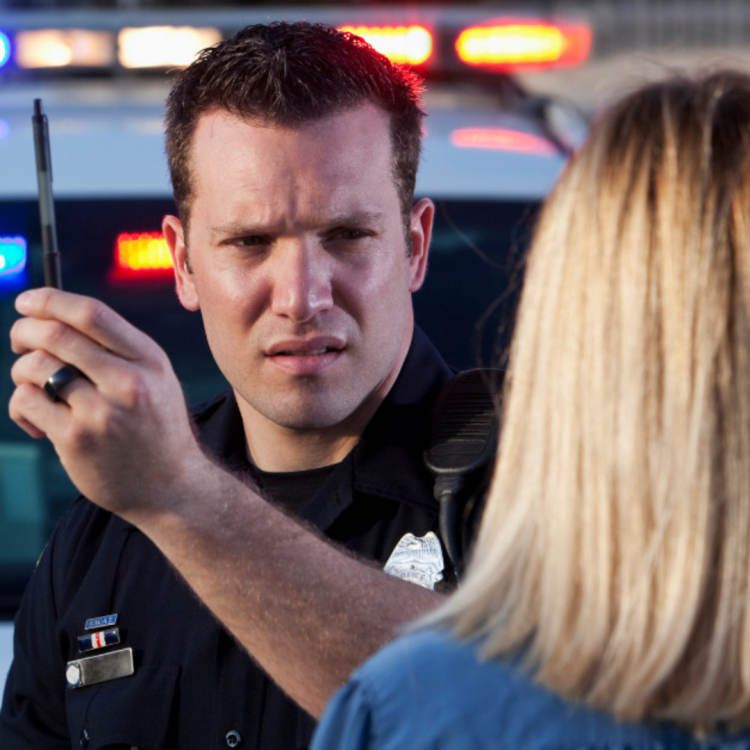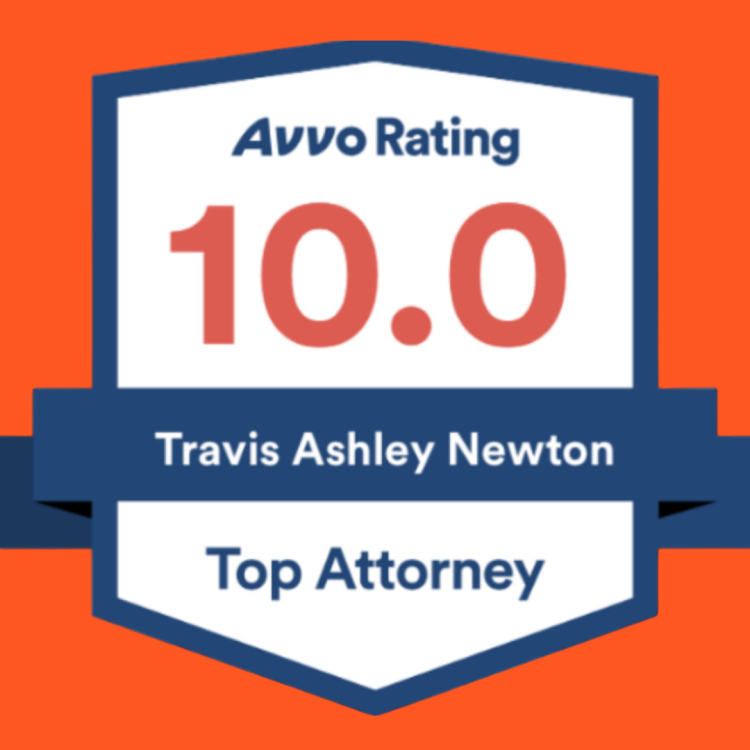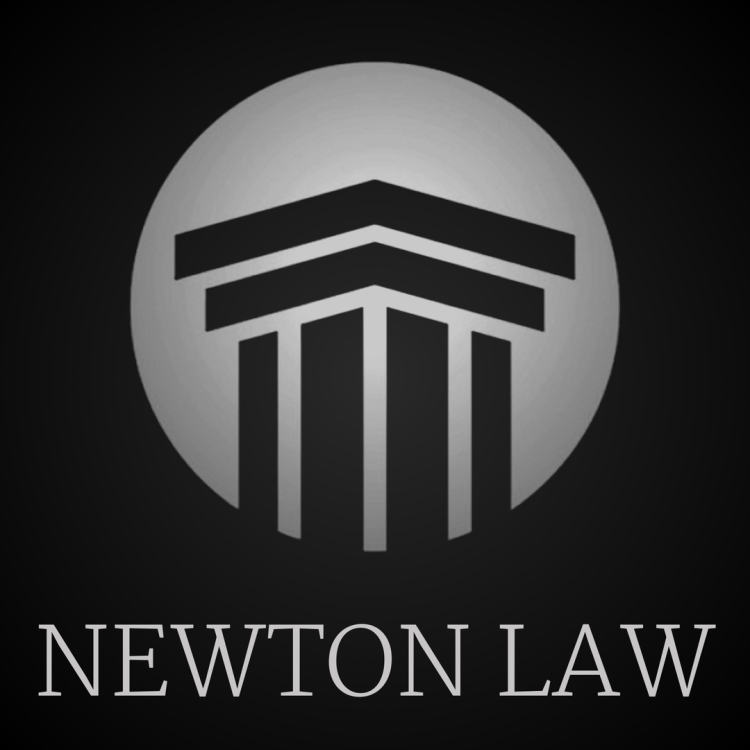Travis Newton Easley DUI Lawyer
The scripted instructions police are trained to memorize and repeat while conducting the HGN test omit the nystagmus measure of the test in favor of instructing the motorist to follow a stimulus (e.g., pen, finger, or flashlight) with both eyes but without moving the head. Drivers who successfully follow the officer's instructions often assume successful completion of the HGN test. Unfortunately for the driver, the undisclosed measure of the HGN test is the presence of nystagmus, which is a common side effect of nicotine, caffeine, aspirin, and other commonly used non-impairing substances but is also something police are trained to recognize as a clue of impairment from drugs or alcohol.
The procedural flaws in standardized field sobriety tests are further aggravated when instructions and demonstrations are communicated to the driver in a manner inconsistent with NHTSA guidelines. The experimental procedures used in the development of standardized field sobriety tests are unreliable based on multiple factors, including natural human reactions to fear misinterpreted as clues of impairment. Participant performance in NHTSA standardized field sobriety test experiments was not negatively impacted by maladaptive emotional responses such as panic, rumination, and self-doubt, undermining confidence and self-efficacy. The negative emotional state associated with the fear of a DUI arrest and instant incarceration not only impairs performance directly but also contributes to a self-reinforcing cycle of fear, negatively impacting performance and often mimicking what police are trained to believe are clues of impairment.
The arresting officer will suspend the South Carolina Drivers License (SCDL) of a motorist for refusing to submit a breath, blood, or urine sample or for registering a breath alcohol concentration of fifteen one-hundredths of one percent (.15) or higher (implied contest violation) while under arrest for driving under the influence. The arresting officer will issue a traffic ticket for the underlying DUI charge but will not issue a ticket or a court date for contesting a suspended driver's license for an implied consent violation. There is a thirty-day deadline from the date of the underlying DUI arrest for contesting a suspended South Carolina Driver's License for an implied consent violation, so do not wait to contact a DUI Lawyer.
When confronted with fear-inducing situations, the body undergoes a cascade of physiological responses orchestrated by the sympathetic nervous system. These responses, collectively known as the fight-or-flight response, are geared towards preparing the individual to confront or flee from the perceived threat. However, in scenarios where physical action is neither feasible nor necessary, such as a police traffic stop or subsequent DUI investigation, these physiological changes can prove counterproductive, impairing performance and mimicking what police are trained to believe are clues of impairment.
A criminal record can have a negative impact on scholarships and professional opportunities long after sentencing, and DMV penalties have expired. A consultation with Easley DUI Lawyer Travis Newton will expose the unreliability of Field Sobriety Testing and the limitations of the Datamaster (Breathalyzer). Travis Newton Law Firm has defended thousands of clients in Summary and General Sessions Court all over the state of South Carolina. Travis Newton has delivered DUI-related oral arguments before the South Carolina Court of Appeals and is approved by the South Carolina Supreme Court Commission on Continuing Legal Education (CLE) to present DUI-related material for attorney CLE hours. Attorney Newton has been Lead Counsel Verified for DUI Defense by Thomson Reuters for ten consecutive years and is a founding member of the American Association of Premier DUI Attorneys. Free consultation (864) 965-9148
Travis Newton Law Firm
513 North McDuffie Street
Anderson, SC 29621
E-mail Address: attorneytravisnewton@gmail.com
MasterCard, Visa, American Express, Credit Card, Paypal
The materials available on travisnewtonduidefense.com are for informational purposes only and are not legal advice. You should contact your attorney for advice on specific legal issues or problems. Use of and access to this Website or the e-mail link contained within the site do not create an attorney-client relationship between Travis A. Newton or the user or browser.











